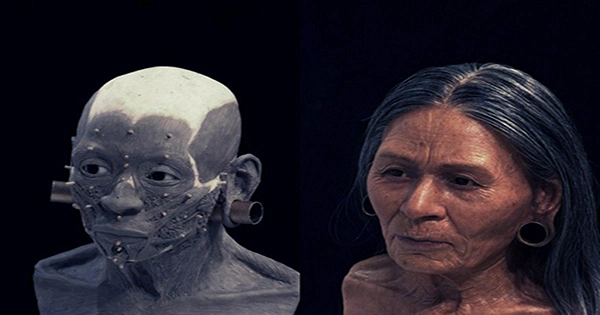People with severe and persistent mental illness have a higher risk of poor physical health and a shorter life expectancy than the general population. Mental health issues can affect anyone and have a substantial impact on the lives of individuals, families, communities, and society as a whole. Many types of inequities are linked to mental illness. Health inequalities are avoidable and unjust discrepancies in health status and determinants between groups of individuals that are caused by demographic, social, geographical, and other variables.
Mental health inequality refers to disparities in the quality, access, and health care received by various groups and populations for mental health services. The World Health Organization estimates that 350 million individuals worldwide suffer from depressive illnesses. Mental health can be defined as an individual’s well-being and/or the absence of clinically defined mental illness.
Inequalities in health are generally the result of societal inequalities, which refer to the conditions under which people are born, grow, live, work, and age. Inequalities in physical and mental health are driven by unequal distribution of socioeconomic determinants of health, such as education, housing, and work, albeit the mechanisms by which this occurs can be complicated and inter-related.
Inequalities in mental healthcare may include differences in mental health status, access to and quality of care, and mental health outcomes across populations of diverse race, ethnicity, sexual orientation, sex, gender, socioeconomic positions, education level, and geographic location. Social determinants (or predictors) of health that can influence an individual’s susceptibility to developing mental disorders and illnesses include, but are not limited to, economic status, education level, demographics, geographic location and genetics.
There is a growing unmet need for mental health services and equity in the quality of these services. While these services often advertise themselves as being a support system and caregiver for any and all who need treatment or support, oftentimes certain aspects of an individual’s life, such as race, ethnicity, and sexual orientation, will determine the access and quality of care that they are given.
African Americans are less likely to have access to mental health care and are more likely to receive poor quality care when they do find it, owing to rising socioeconomic inequality among races. African Americans and Hispanics are more likely to be uninsured or have Medicaid, reducing the amount and type of mental health outpatient services available to them. In one study, minority populations reported a greater level of unmet needs and dissatisfaction with the services they received out of all individuals who received mental health care (12.5 percent of whites, 25.4 percent of African Americans, and 22.6 percent of Hispanics reported poor care).
Furthermore, for a variety of causes, mental diseases are frequently under- and over-diagnosed among distinct minority populations. For example, schizophrenia is frequently overdiagnosed in African Americans, whereas mood disorders, depression, and anxiety are underdiagnosed. This is an example of how minority populations in the United States, such as African Americans, are at risk of being diagnosed based on stereotypes and not being appropriately tested or treated for other mental health issues that they may or may not be at risk for.
















